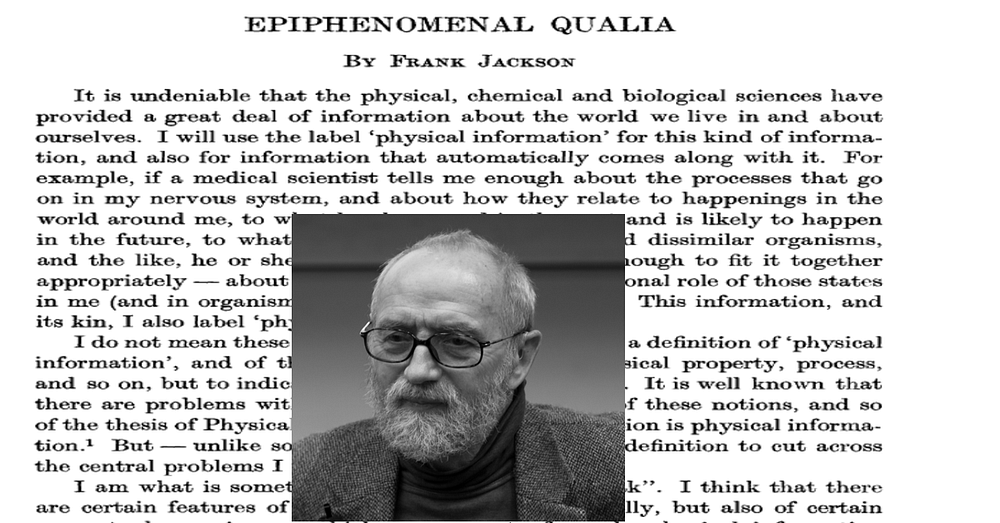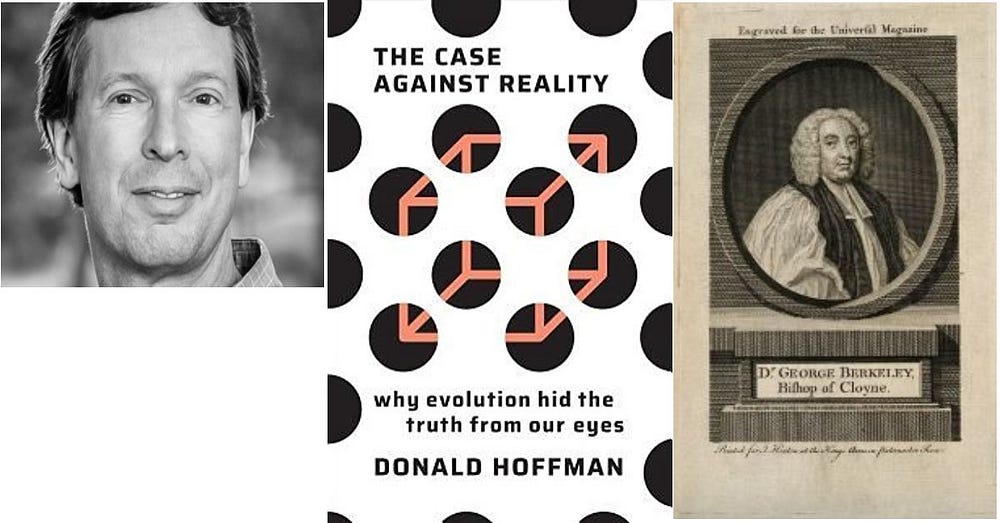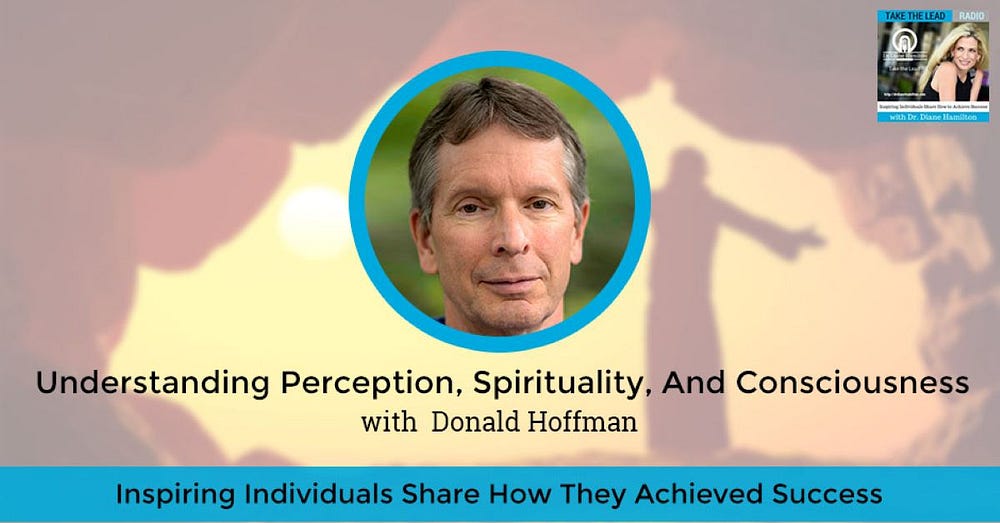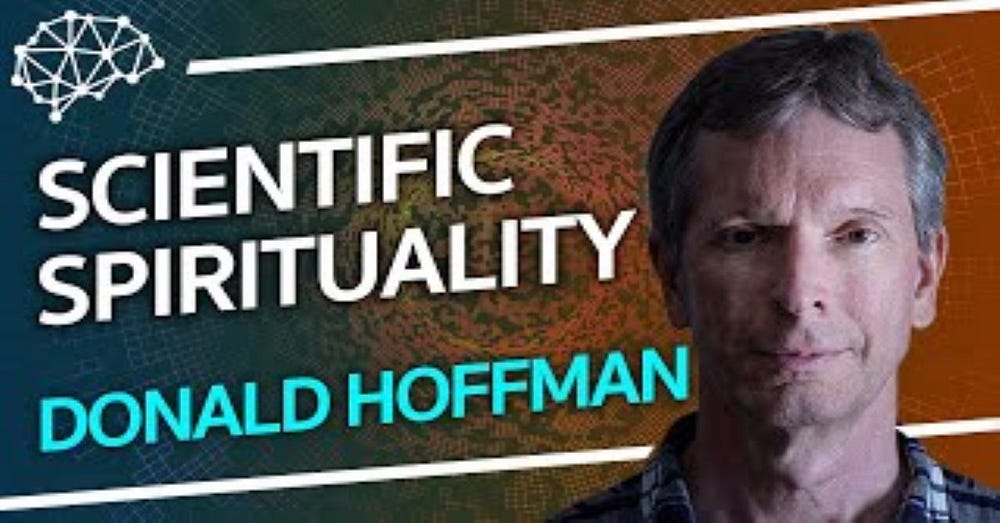According to the philosopher Galen Strawson, if you’re a rationalist, then “you can see that something is true just by lying on your couch”. Indeed “you don’t have to do any science” or even “go outside and examine the way things are”.
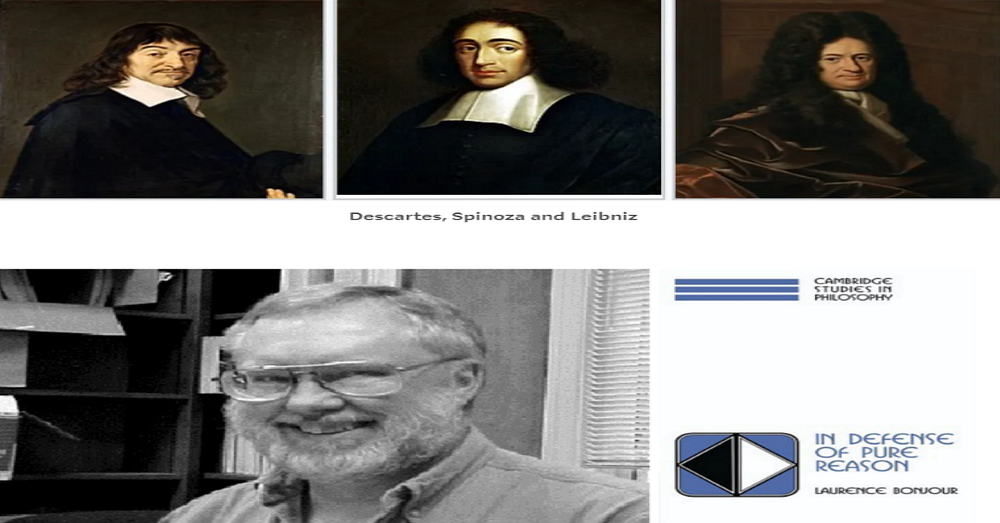
This is an essay on old-style (usually called “early modern”) rationalism. However, it will still — at least to a small degree — apply to various contemporary rationalists and their positions…
Contemporary rationalists… really?
Wikipedia names the following philosophers as “rationalists”: David Chalmers, Noam Chomsky, Alvin Plantinga, Ernest Sosa, Ayn Rand, etc. I personally believe that not one of the philosophers named by Wikipedia is actually a rationalist — at least not a rationalist in the old style. The same is (more or less) true of the philosophers named as “rationalists” in other places: George Bealer, Henri Bergson, Robert Brandom, Thomas Nagel, etc. However, perhaps all this simply means that there were new 20th-century (in the plural) styles of rationalism. Alternatively, this may also show that it’s unwise to get too bogged down in isms.
In any case, one clear example of a genuine contemporary rationalist is Laurence BonJour (1943-), and he’ll be discussed at the end of this essay.
To get back to the ism under debate.
The adjective “old-style” is used in the title because there have been various (in the plural) rationalisms . For example, what may be called moderate rationalism only has it that (in Daniel Garber’s words) “reason has precedence over other ways of acquiring knowledge”. However, (as it were) immoderate rationalism has it that reason is “the unique path to knowledge”.
In terms of immoderate rationalism.
The English philosopher Galen Strawson summed it up by stating that if one is an immoderate rationalist (a term he doesn’t himself use), then this follows:
“[Y]ou can see that it is true just lying on your couch. You don’t have to get up off your couch and go outside and examine the way things are in the physical world. You don’t have to do any science.”
Moderate rationalism seems harmless enough and it may even be accepted by non-rationalists. That may be because, at least as it stands, Robert Audi’s earlier words (i.e., “reason has precedence over other ways of acquiring knowledge”) can be interpreted in all sorts of different ways. (It also depends on how the word “reason” is defined.) The second position of immoderate rationalism, however, certainly does seem extreme and, indeed, old-style.
Finally, it’s worth stating that the distinction between rationalism and empiricism came about only after the well-known rationalists (at least the ones featured in this essay) had done all their work. So such a distinction isn’t something that would have been recognised by the philosophers now classed under this ism.
Now let’s go into a small amount of detail on René Descartes (1596–1650).
René Descartes
Let A.L. Michael sum up Descartes’ rationalism in the following passage:
“Descartes thought that only knowledge of eternal truths — including the truths of mathematics, and the epistemological and metaphysical foundations of the sciences — could be attained by reason alone; other knowledge, the knowledge of physics, required experience of the world, aided by the scientific method []. Descartes developed a method to attain truths according to which nothing that cannot be recognised by the intellect (or reason) can be classified as knowledge. These truths are gained ‘without any sensory experience’, according to Descartes.”
The passage above shows readers how a rationalist like Descartes managed to create a strong distinction between physics and the philosophical disciplines known as epistemology and metaphysics. That’s distinction is worth highlighting because, at least at first, those people who’re new to Descartes’ life and work may wonder how he squared his rationalism with his physics.
In actual fact, it was Descartes’ epistemology which he hoped (or believed) would provide a strong foundation for the sciences of his day — specifically for physics (see here).
However, this neat division between epistemology and metaphysics (which don’t require sensory experiences) and physics (which does) is problematised by the positions of both Baruch Spinoza (1632–1677) and Gottfried Leibniz (1646–1716).
Spinoza and Leibniz believed that, at least in principle, literally all knowledge — and that included knowledge as it’s found in science (well, physics) — could be acquired through reason alone.
Technically, this strong science-philosophy (or at least mathematics-philosophy) link is demonstrated by the fact that Leibniz and Spinoza (especially Spinoza) at various points attempted to start with basic principles which worked like the axioms of geometry (see Spinoza’s Ethics here). And from these axioms, these philosophers believed that they could deductively derive the rest of all possible knowledge. (In terms of the history, these approaches largely occurred as both negative and positive responses to the work of Descartes — see here.)
All that said, both Spinoza and Leibniz sometimes acknowledged (in their various ways) that such (as it were) rational universalism isn’t easy — or even possible - in practice.
Pure Thought?
One may wonder why these 17th-century Rationalists believed all this stuff about “the power of Reason” and the irrelevance of sensory experience. (This was even truer, in many ways, of Plato.)
One way of capturing rationalists’ position on reality is to say that they believed that reality has a logical structure. (Not many rationalists, however, actually used the words “logical structure”.) This essentially means that not only is logic … well, logical: so too is the world or reality! And precisely because the world/reality is deemed to be logical, then that meant that rationalists — and perhaps others too— believed that they could directly grasp the world’s “certain truths” (or “principles”) through — or via — the use of reason. (As we’ll see later, this position squares with Laurence BonJour’s own.)
As a consequence of the above, if the world/reality itself was deemed to be logical by Rationalists, then it won’t be a surprise to find out that many of them also believed that morality, religion, and even politics and history have a logical structure.
Yet the very idea of “reason” or “thought” existing independently of all experience seems odd — at least outside the context of 17th-century rationalist philosophy. It simply doesn’t sound feasible at an intuitive level.
For a start, the words used by any rationalist will have been learned from experience. Indeed that’s the case even when it came to the logical rules and inferences the rationalists will have used. So even if what the logical rules and words express (i.e., their abstract content) it not itself part of experience, then that still doesn’t stop it from being the case that the words for these concepts, propositions and rules were learnt from experience.
So one could metaphorically argue that these Rationalists can no longer preach from the top of their rationalist tower if empirical and experiential means helped them get to the top of that tower in the first place.
Of course not all rationalists have denied these pollutions of their pure rationalism (i.e., as discussed in the introduction).
So what, exactly, did the pure rationalists think about?
Did they always think about some Platonic realm of abstract objects?
Does they only think about propositions, logical laws and “eternal principles”?
When a rationalist thought about reality (or even morality), did he think of such a thing exclusively in (to quote Kant) “the light of pure reason”? (A light that’s untouched by empirical vicissitudes and contingencies.)
Of course thought is more than experience.
Experience is experience and thought is thought.
However, thought relies on experience. Or, in Kant’s philosophy, thought relies on “sensory impressions” (or “phenomena”) in order to (as it were) get going. Yet of course the actual processes which the mind carries out in response to experiences aren’t themselves experiences. A logical inference, for example, isn’t an experience or an observation. (Even this claim depends on definitions.)
In addition, making a generalisation about one’s experiences or observations depends on those experiences or observations. However, the generalisation itself isn’t an experience or an observation. Indeed mental images or other acts of the imagination aren’t themselves experiences either. Nonetheless, they too may (or do) depend on experiences.
Not many (or indeed any) historical empiricists claimed that thought and experience are literally identical. Such empiricists didn’t — and couldn’t possibly — dispense with thought. That is obvious. The empiricist position requires thought that’s not entirely dependent on experience. Indeed the very articulation of an empiricist position requires non-empirical thought.
Yet, on the other hand, the immoderate rationalist claimed that he’d dispensed entirely with experience— even if only philosophically.
Immoderate rationalists have argued that “thought is the only source of knowledge”. Admittedly, some traditional empiricists did argue that experiences (or sense impressions) alone account for all knowledge. That said, other empiricists have argued that all knowledge is only “dependent” on experiences or sense impressions.
So what has given rationalists so much confidence in their rationalism?
Necessary Truths?
Traditionally, it was the status and existence of necessary truths that were vital to rationalism.
Rationalists have argued that empiricists can’t give us — or explain — necessary truths. In fact empiricists have happily admitted that they can’t give us necessary truths because they don’t even accept that such things exist in the first place (at least not outside mathematics and what are now called tautologies).
So why have these necessary truths been so special to rationalists?
They were special because they could be known to be both necessary and true with certainty and without recourse to experience or observations. And that’s precisely what most rationalists have demanded: certainty, truth and necessity. However, even though these necessary truths aren’t reliant on experience, at least some of them are still deemed to be about the world/reality. (See Bonjour later.) That is, they’re things that must be true about the world/reality. Indeed the world/reality can’t be any other way than that which is expressed by the relevant necessary truths (i.e., as they’re expressed in a natural language in the form of statements).
Still, according to the rationalist, when we observe the world/reality, we don’t discover these necessary truths simply by doing so. That is, necessary truths don’t come from the observations alone.
In certain cases (e.g., Kant’s), necessary truths are a “necessary condition” for observing or experiencing the world in the first place (see here). So these necessary truths are applicable to the nature of the world/reality. However, they aren’t entirely derivable from the world/reality. In that sense, then, necessary truths must transcend the world/reality. They transcend the world/reality as it’s observed or experienced.
More clearly and in the rationalist picture, certainties and necessities are never experienced at all.
They’re known exclusively through (or via) thought.
(To requote Strawson: “You can see that it is true just lying on your couch. You don’t have to get up off your couch and go outside and examine the way things are in the physical world.”)
Experience can’t tell us (or help us) when it comes to discovering (if discovering is an appropriate word here) these certainties and necessities.
And all the above is precisely why empiricists have rejected the very notions of necessity and certainty.
Both the rationalists and empiricists argued (in their various ways) that we don’t get sensory impressions from things, events, conditions, etc. that (as it it were) tell us that they’re necessary or certain. And that’s because necessity and certainty aren’t things to get experiences from — not even when they belong to things, events or conditions which are themselves empirical and which aren’t themselves necessary or certain.
Furthermore, some empiricists have argued (in their various ways) that a world which (as it were) contains necessities and certainties would be indistinguishable from a world which doesn’t do so. In other words, this is a (rationalists’) difference which doesn’t make a difference. And, because of that, such a (scare-quoted) “distinction” goes against one important aspect of empiricist philosophy.
Since (as it were) Rationalist Reality has just been discussed, let’s now bring this debate up to date.
Laurence BonJour’s New Rationalism
Take the case of Laurence BonJour (1943-).
BonJour belongs to a group of philosophers who’re re-evaluating rationalist philosophy.
Perhaps BonJour goes the furthest towards the kind of rationalism we would recognise from the rationalists of the late 17th and early 18th centuries. Nonetheless, there are still obvious differences between BonJour’s work and the Old-Style Rationalists.
As it is, BonJour describes himself as a “rationalist”. And, clearly, he’s also well aware of the criticisms of rationalism.
For example, in reply to the Australian philosopher Michael Devitt, Bonjour talks of Devitt’s
“allegations that rationalism is ‘objectionably mysterious, perhaps even somehow occult’ []”.
BonJour concludes by saying that he find these allegations “very hard to take seriously”.
Rationalist Truths About the World
BonJour believes that we can gain access to the necessary truths of the world via what he calls “rational insight”. He argues that rational insight
“occurs when the mind directly or intuitively sees or grasps or apprehends [] a necessary fact about the nature or structure of reality”.
BonJour also uses the words “necessary truth”. That is, BonJour ties necessity to truth. Again, in BonJour’s own words:
“[Michael] Devitt seems to me to be simply rejecting the idea that merely finding something to be intuitively necessary can ever constitute in itself a reason for thinking it is true [].”
Indeed BonJour goes further by stating the following:
“[A priori] insights at least purport to reveal not just that the claim is or must be true but also, at some level, why this is and indeed must be so. They are thus putative insights into the essential nature of things or situations of the relevant kind, into the way that reality in the respect in question must be.”
According to BonJour, then, necessary truths (or necessities themselves) aren’t a question of language, the synonymy of terms, the “structure of the mind” and all the rest: they’re about the nature (or structure) of the world/reality itself! (BonJour actually uses the words “properties of the world” when talking about such necessities.)
Thus we must immediately ask how the mind can grasp (by rational insight) anything about the world.
In addition to all the above, some contemporary rationalist philosophers are both reassessing the a priori as well as mounting a defence of it.
The A Priori
Commentators may say that it’s an exaggeration to claim that any contemporary philosophers are actually re-evaluating rationalism itself; rather than merely defending their more selective (epistemic) apriorism.
As for BonJour himself. The principle difference, to my mind, between BonJour’s rationalist philosophy and that of the Old-Style Rationalists is his acceptance of the possible experiential (or empirical) defeasibility of a priori claims, “reasons” or beliefs.
So BonJour’s own rationalism is actually encapsulated by his position on the a priori. The following is what he says on that subject:
“[I]f we never have a priori reasons for thinking that if one claim or set of claims is true, some further claim must be true as well, then there is simply nothing that genuinely cogent reasoning could consist in. In this was, I suggest, the rejection of a priori reasons is tantamount to intellectual suicide.”
But what does BonJour’s general rationalism amount to?
Take the following passage:
“[I]n the most basic cases such reasons result from direct or immediate insight into the truth, indeed the necessary truth, of the relevant claim.”
Now perhaps BonJour’s last claim takes us as far away from empiricism as we could possibly go.







